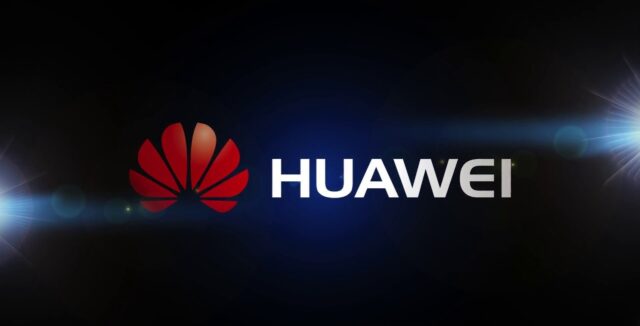
Huawei Technologies, the Chinese tech giant, has made a series of ambitious declarations regarding its progress in operating systems, artificial intelligence (AI), and other key technologies. In a recent developer conference, Richard Yu, Chairman of Huawei’s Consumer Business Group, asserted that the company had achieved in 10 years what took its European and American counterparts 30 years.
HarmonyOS: A Homegrown Alternative
Central to Huawei’s claims is the development of its proprietary operating system, HarmonyOS. Introduced in 2019 after US trade restrictions limited Huawei’s access to Google’s Android OS, HarmonyOS has quickly expanded its reach. Yu revealed that the operating system is now installed on over 900 million devices, encompassing not only smartphones but also an array of Internet of Things (IoT) devices. This wide adoption represents a significant step in Huawei’s quest for technological independence.
Ascend: Climbing the AI Ladder
In the realm of AI, Huawei boasts its Ascend infrastructure as the most powerful AI platform from a Chinese company. Yu claimed that Ascend now holds the second-largest market share after Nvidia, the dominant player inthe AI accelerator market. This achievement underscores Huawei’s rapid strides in AI development and its increasing relevance in the global AI landscape.
Diverse Portfolio: Beyond Smartphones
Huawei’s ambitions extend far beyond smartphones. The company is actively diversifying its portfolio into various sectors, including smart vehicles, wearable devices, and cloud computing. This strategic move aims to reduce its reliance on the smartphone market, which has faced challenges due to geopolitical factors.
Challenges and Uncertainties
While Huawei’s claims are undeniably bold, they are not without skepticism. The company still faces restrictions on accessing key technologies due to ongoing US trade sanctions. Additionally, some analysts question the extent of HarmonyOS’s market penetration outside of China. The AI landscape remains highly competitive, with Nvidia maintaining a strong position.
Huawei’s trajectory in the coming years will be closely watched by the tech industry. Its commitment to innovation and diversification could lead to significant breakthroughs. However, the company must navigate a complex geopolitical landscape and overcome technological hurdles to fully realize its ambitions.
Huawei’s recent announcements signal its determination to become a major player in the global technology landscape. Its progress in operating systems, AI, and other areas is noteworthy, but the company faces significant challenges. Whether Huawei can overcome these hurdles and achieve its long-term goals remains to be seen.










